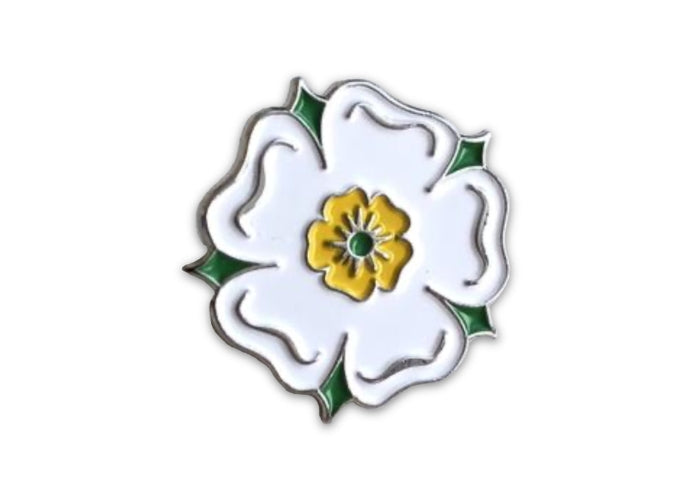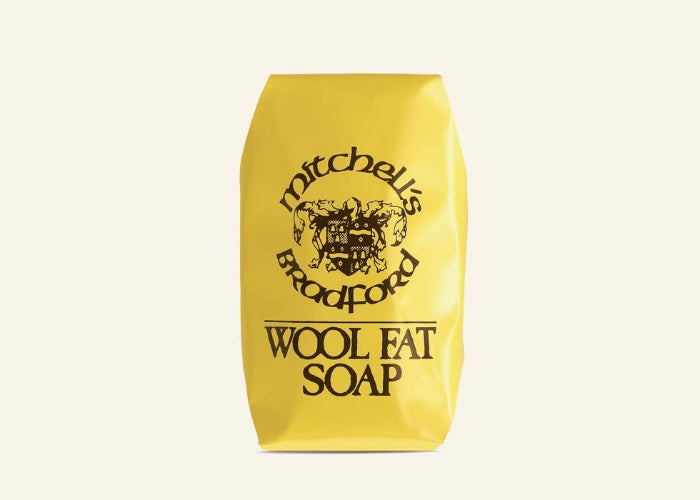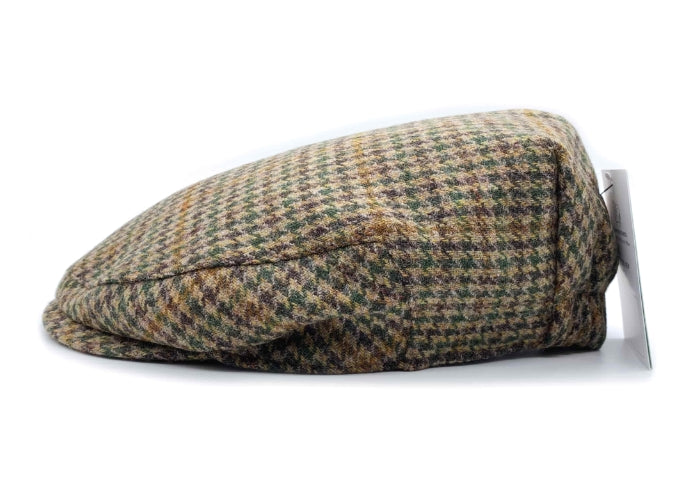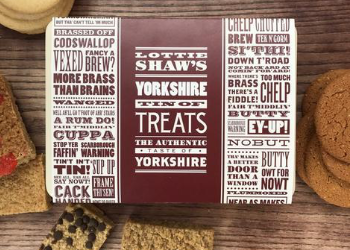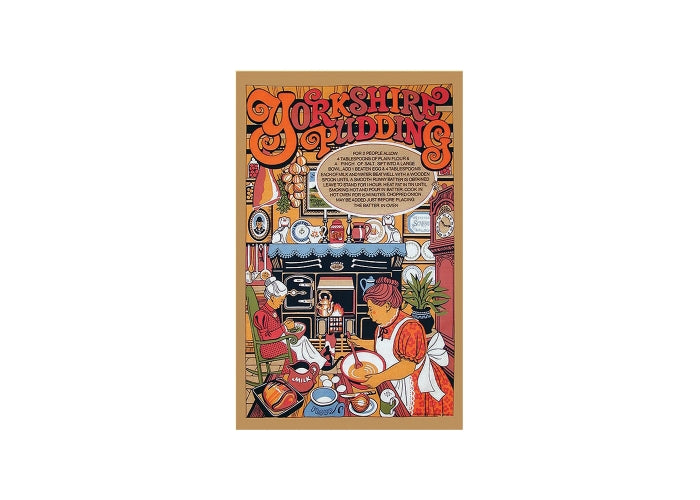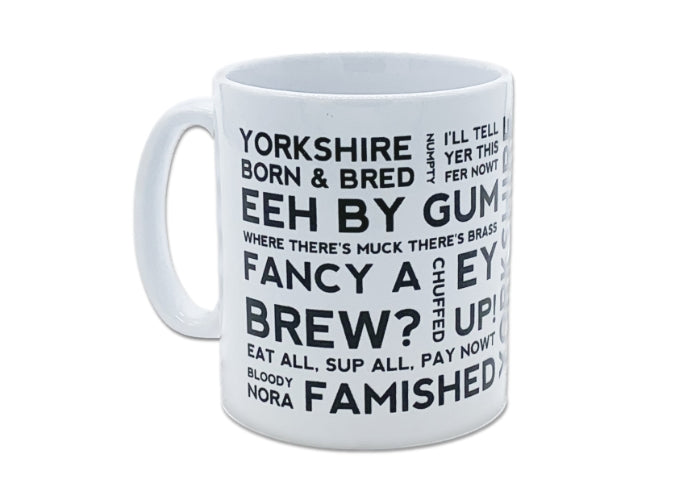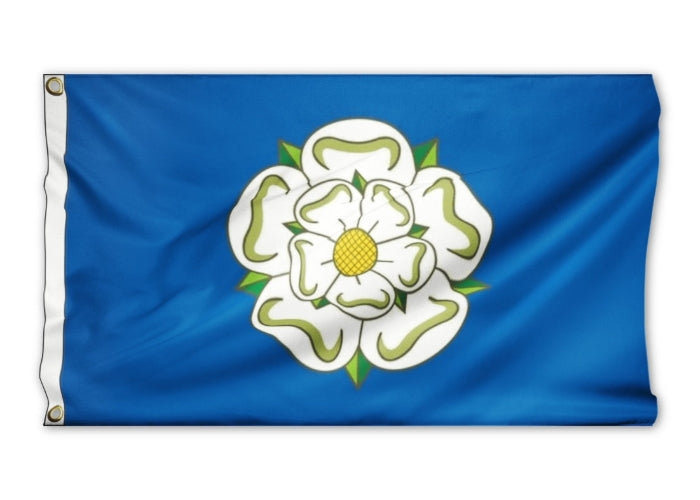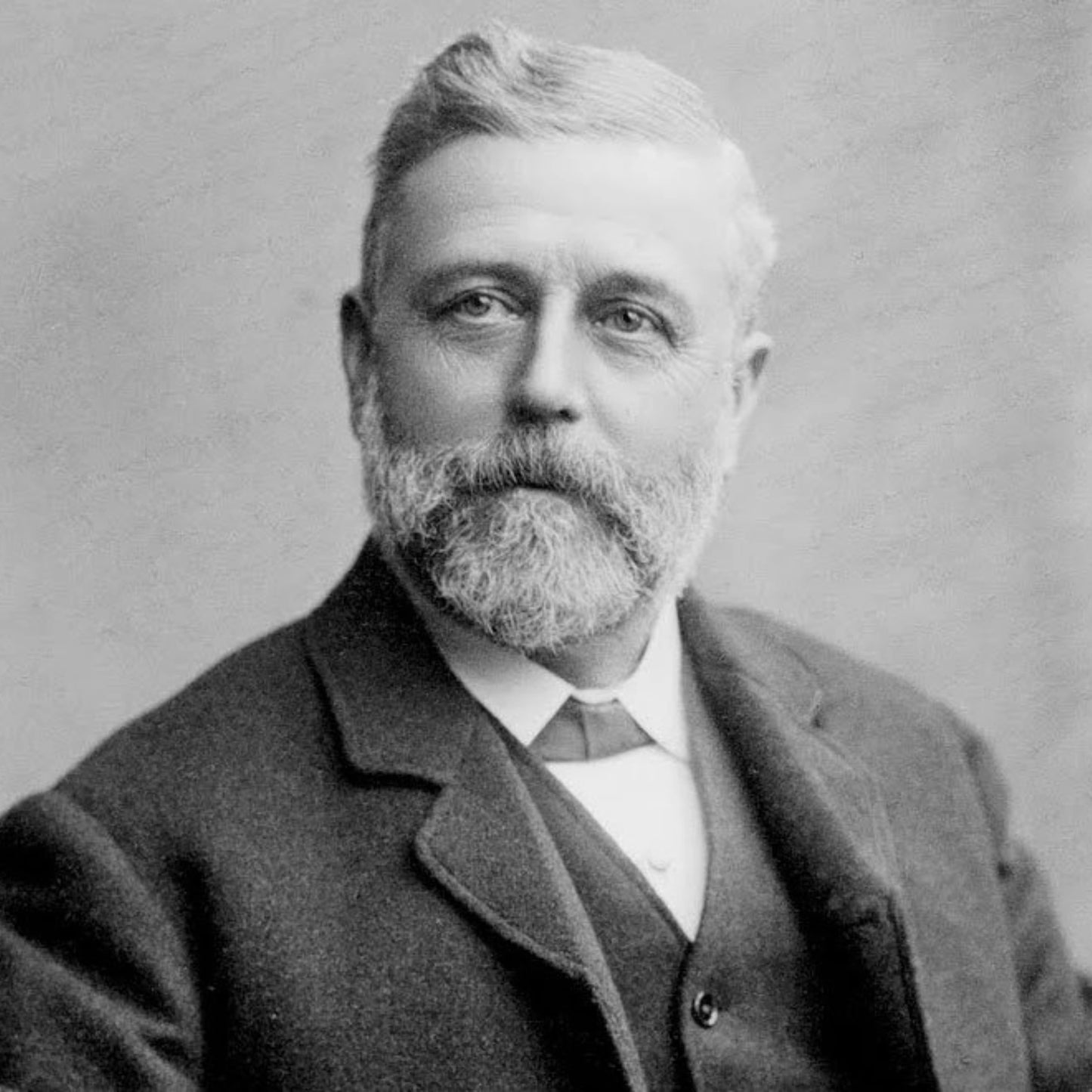
Thomas Crapper was born in 1836 in the small Yorkshire market town of Thorne near Doncaster. His father, Charles, was a sailor who then went on to become a stonemason, he was trained in the craft from an early age. In 1853, Thomas was apprenticed to his brother George, a master plumber in Chelsea, and thereafter spent three years as a journeyman plumber.
By the age of 21, Thomas Crapper had moved to London and established himself as an expert plumber and sanitary engineer, with his own brass foundry and workshops in nearby Marlborough Road. He quickly gained recognition for his innovative plumbing solutions and became well known throughout the city. In 1861, Crapper patented his first invention - an improved ballcock mechanism. The device was used to regulate the flow of water in cisterns and is still used today in toilets across the world. His other inventions included the U-bend and the S-bend traps which are still essential elements of a modern toilet. As the first man to set up public showrooms for displaying sanitary ware, he became known as an advocate of sanitary plumbing, popularising the notion of installation inside people's homes. He also helped refine and develop improvements to existing plumbing and sanitary fittings. As a part of his business he maintained a foundry and metal shop, which enabled him to try out new designs and develop more efficient plumbing solutions. In the 1880s, Prince Albert (later Edward VII) purchased Sandringham House in Norfolk. He requested Thomas Crapper & Co. to supply the plumbing, including thirty lavatories with Cedarwood seats and enclosures, giving Crapper his first Royal Warrant. The firm received further warrants from Edward as king and from George V, both as Prince of Wales and as king.
Crapper's greatest contribution to the world of sanitation, however, came with his invention of the modern toilet in 1880. This revolutionary design improved upon previous models by providing more efficient flushing and a simpler draining system. With this invention, Crapper cemented his place as one of the most influential inventors in the history of plumbing. It has often been claimed in popular culture that the profane slang term for human bodily waste 'crap' originated with Thomas Crapper because of his association with lavatories. A common version of this story is that American servicemen stationed in England during World War I saw his name on cisterns and used it as army slang, i.e., "I'm going to the crapper".
In 1904, Crapper retired, passing the firm to his nephew George and his business partner Robert Marr Wharam. Crapper lived at 12 Thornsett Road, Anerley, for the last six years of his life and died on 27 January 1910. He was buried in the nearby Elmers End Cemetery.
Discover our range of Thomas Crapper products here.


